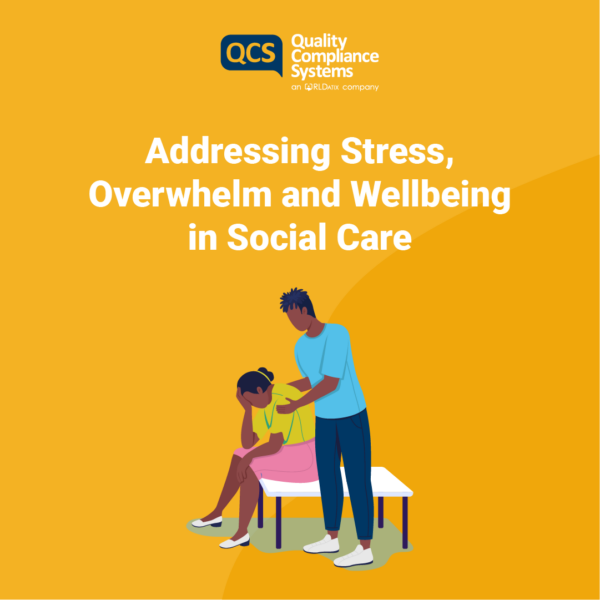It’s safe to say that working in this industry you come across people from all walks of life. Employees, service users, relatives, other professionals, commissioners, the list goes on. Everyone has their own story and their own background. As such, everyone also has their own internal mechanisms for dealing with their individual stresses and their ability to cope. This is all subjective. Consequently, there is no one size fits all magic wand to eradicate stress or overwhelm in an industry that deals with human beings, often in their most challenging life circumstances.
Let’s think about this, the HSE released its toolkit earlier this year, a toolkit specifically geared towards the NHS – https://www.hse.gov.uk/stress/assets/docs/talking-toolkit-nhsengland.pdf
Having reviewed this document and the sister document aimed at other industries, it’s safe to say that despite a few minor word changes, they are pretty much the same. Whilst this is fantastic, and the world is beginning to shine its eyes on the importance and impact that positive work environments can have on our wellbeing, we work in an industry that sees people as they truly are, unmasked, the good days and the bad. What can we do to help and support our staff to stay motivated, caring, committed, positive and not sign up to Aldi? (or any other supermarket chain), where the rates of pay are the same if not considerably better! And the difficult customers are only there for a short while, and hopefully don’t return when you are next on shift!
The difference between stress and overwhelm
Stress – a state of mental or emotional strain or tension resulting from adverse or demanding circumstances.
Overwhelm – bury or drown beneath a huge mass of something
When we attend stress management courses or talk about stress in our daily lives, often it is not articulated correctly. When we talk about stress in the workplace, there are versions of healthy stress:
- The feeling of anticipation you get before you reach a project deadline
- The feeling of satisfaction after dealing with an emergency
- Concentrating to get things done
Under the right circumstances these periods actually produce a positive, congratulatory feeling upon accomplishment. When under excessive demands, pressure, and lack of opportunity or ability to wind down afterwards, it can lead to that sense of emotional drowning, this is what we are really referring to when we talk about the negative impacts of stress.
What can we do to ease Overwhelm?
As a provider, you’re fully aware of the high level of responsibility to your service users, the regulations are clearly outlined in support of this. In England the regulator has finally highlighted employee wellbeing in the new single assessment framework – what does this mean and how can you achieve it?
- Create a sense of community in your workplace
- As a manager, have an open door – a truly open door
- Cultivate a work community that has a vested interest to help each other as colleagues
- Nurture your staff
- Embody your company values – they are the invisible thread that runs through the company
- Remember that whilst the focus is on creating less stress overwhelm in the workplace, everyone has a life outside of work, there are times where external factors in employee’s lives could place them under additional strain at work
- Handle toxicity in the workplace immediately
- Create a safe working environment where staff feel valued and able to speak up without retribution
- Stop promoting lunch and learns, unless you are actively encouraging lunch and learn – and then take a break Ask for help and encourage staff to do the same




